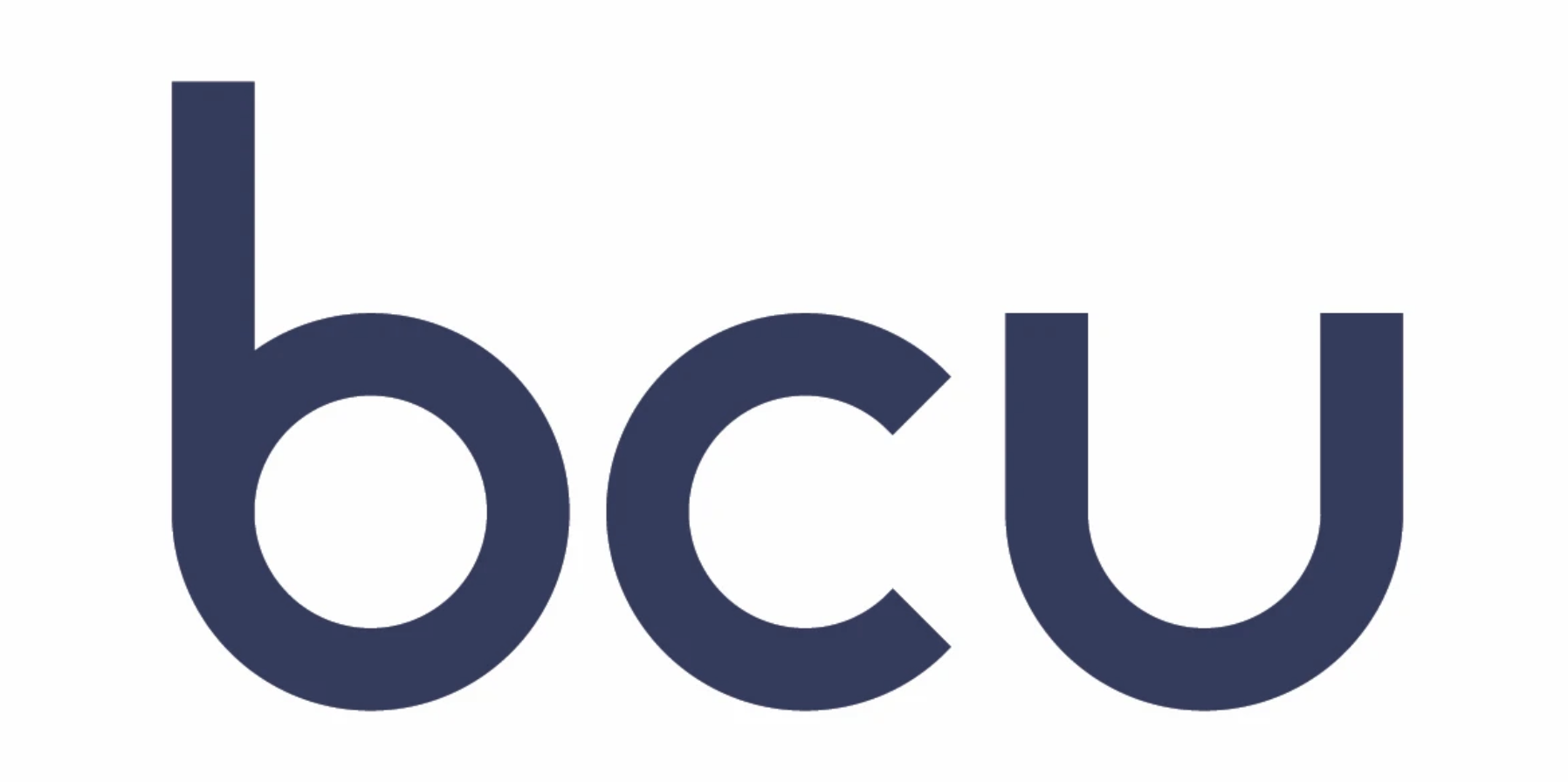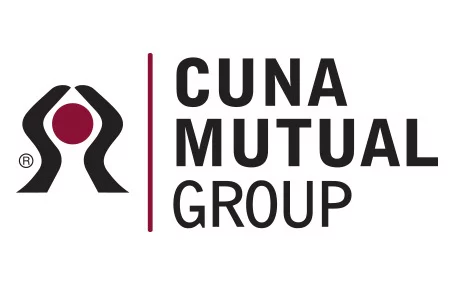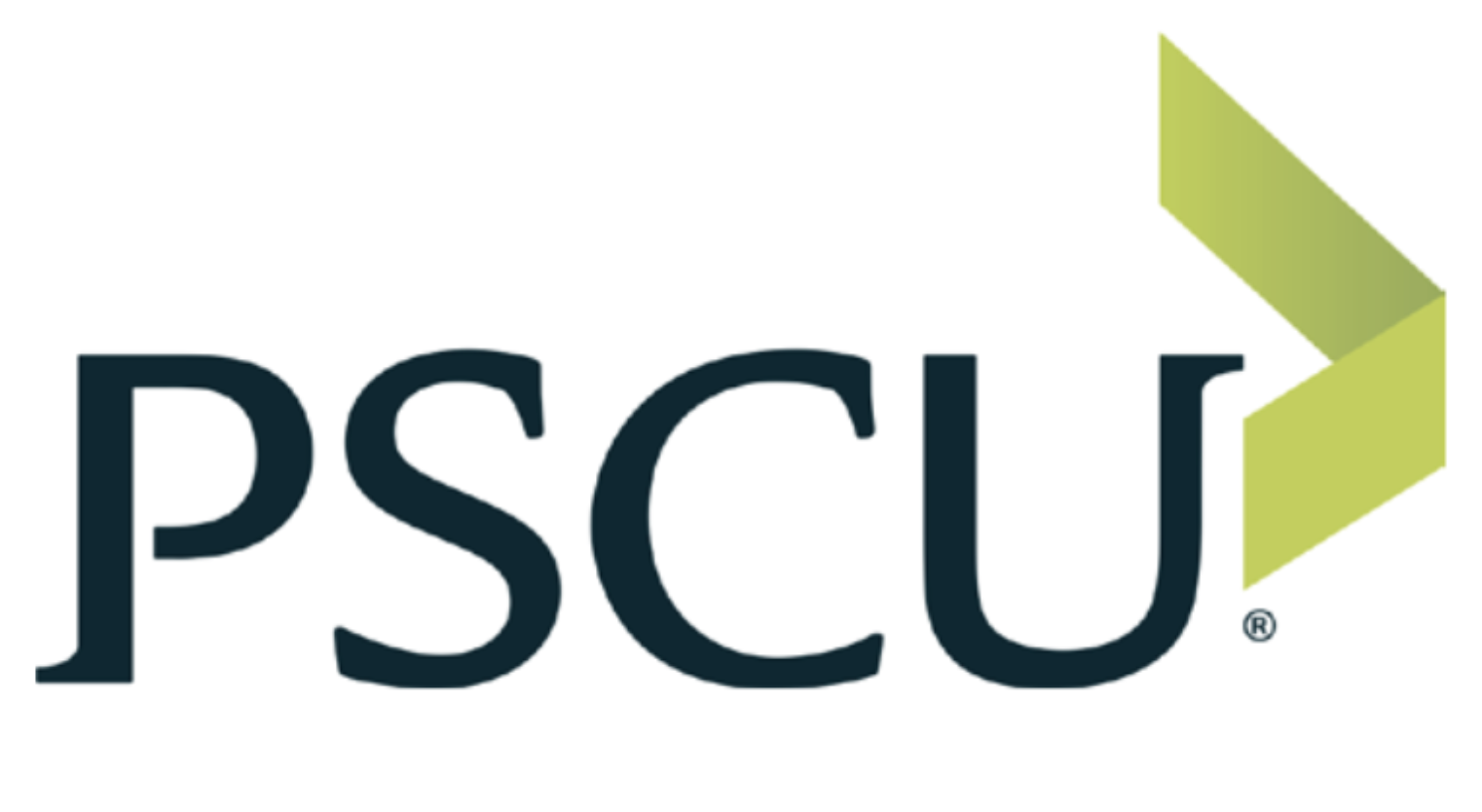

Credit unions are not especially partisan organizations. Past research shows that credit unions are viewed favorably by people across the political spectrum. What's more, credit unions, as inclusive, mission-driven organizations, pride themselves are serving their whole community. But there are dramatic differences in the views of credit unions held by voters and people who are politically engaged and those who are politically disengaged—non-voters specifically.
Credit unions can grow by understanding the differences between voters and non-voters and recognizing how those differences impact their organization's brand and reach and their members' and potential members' expectations and assumptions.
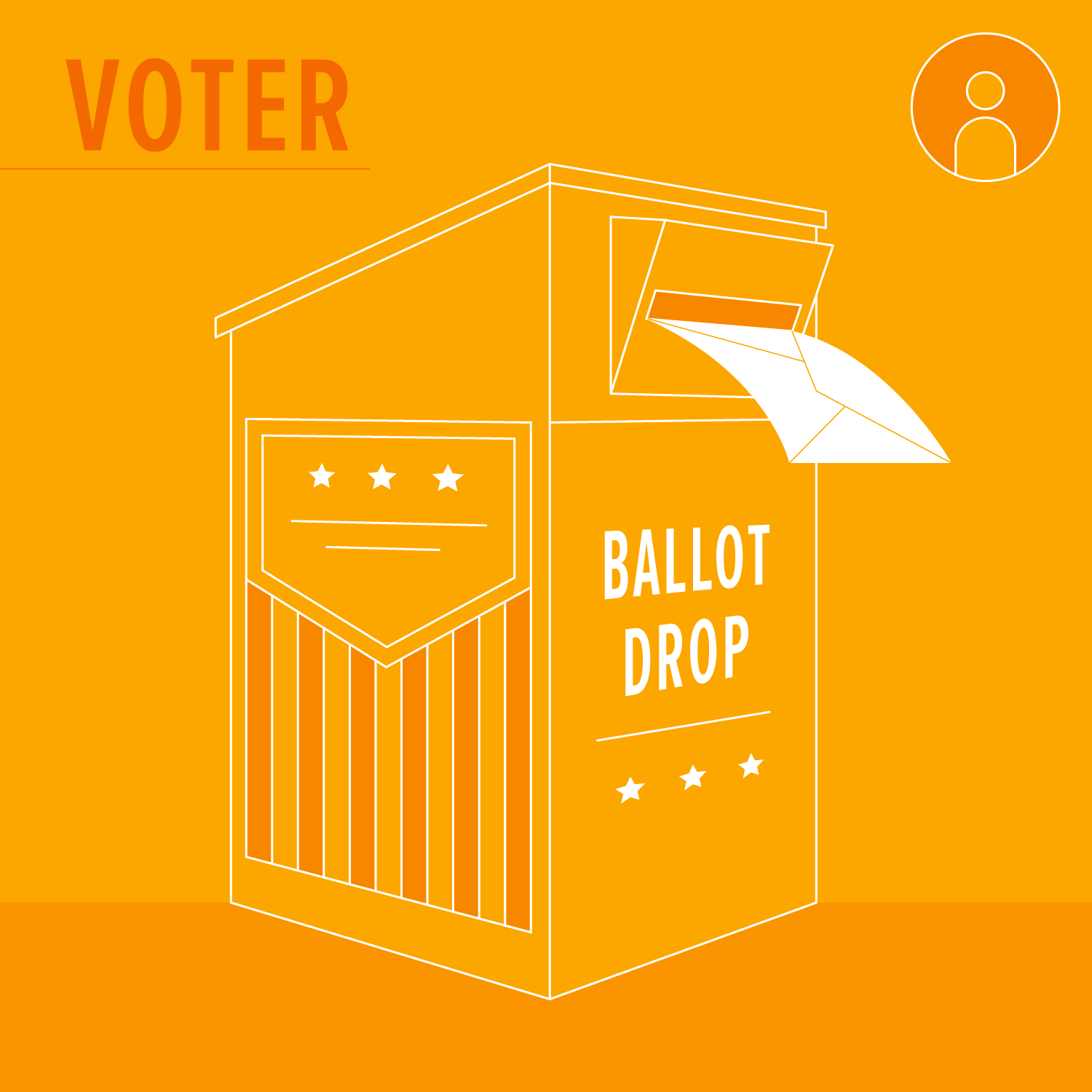
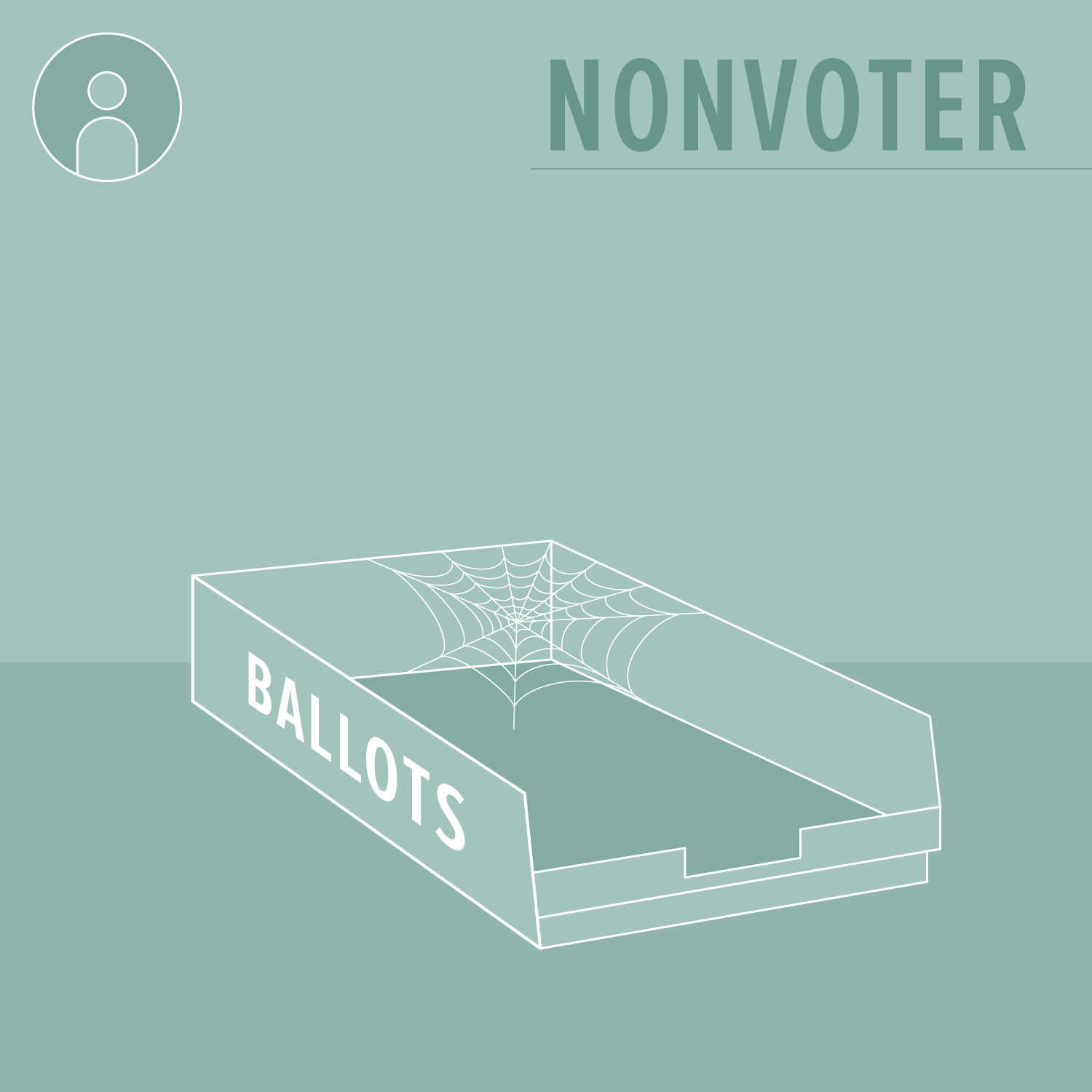
Nonvoters trail voters in credit union membership. When comparing voters' and nonvoters' affinity for credit unions, the first thing that jumps out is that among those who know what credit unions are, voters have a notably higher rate of credit union adoption than nonvoters.
Regardless of age, nonvoters trail voters in credit union account adoption across the board.
Even among those familiar with credit unions, voters outpaced nonvoters by 9 percentage points when asked whether their communities "would be better off with more credit unions than banks."
Among those who know what credit unions are, voters were about 9 percentage points ahead of non-voters in believing that credit union leaders look out for people like them rather than looking out for themselves or their friends.
These differences extend into deeper perceptions that people have about the role that credit unions play in their communities and their faith in what credit unions stand for. More than any other financial institutions, credit unions pride themselves on having leaders who put their members' needs first, rather than prioritizing themselves. Yet here too, voters and nonvoters see things differently. In general, people who know what credit unions are agreed that credit unions are living up to these values. However, once again, voters were more positive about credit union leaders than nonvoters.

If exposure to credit unions is what drives voters to be more positive about credit unions, then we would expect that difference to disappear when we ask voters and nonvoters who do not know what credit unions are about a hypothetical credit union. After all, if neither group knows what credit unions are, they are reacting to a concept, not lived experiences. So we asked those unfamiliar with credit unions if they agree with the following:
A significant majority of voters liked the hypothetical credit union idea (63%) versus a distinct minority (39%) of nonvoters.
Despite the question being entirely hypothetical and about an organization that they believed does not exist, voters were bubbling with optimism, with 60% believing leaders of this hypothetical institution would look out for their members as compared with only 41% of nonvoters. Given that this was an entirely speculative exercise, the 20- point gap seems to speak directly to a level of optimism already baked into that group's approach to the world.
To learn more about how the politically disengaged compare with voters and the credit union implications, read the full report.
The author would like to thank Brooke Van Vleet, Angela Hanson, Ed Sivak, Salma Mohammad Ali, and Paul Dionne for their generous contributions to this research.
Filene thanks the following sponsors for their support of Filene’s Center for Consumer Financial Lives in Transition, and for helping make this important research possible.
